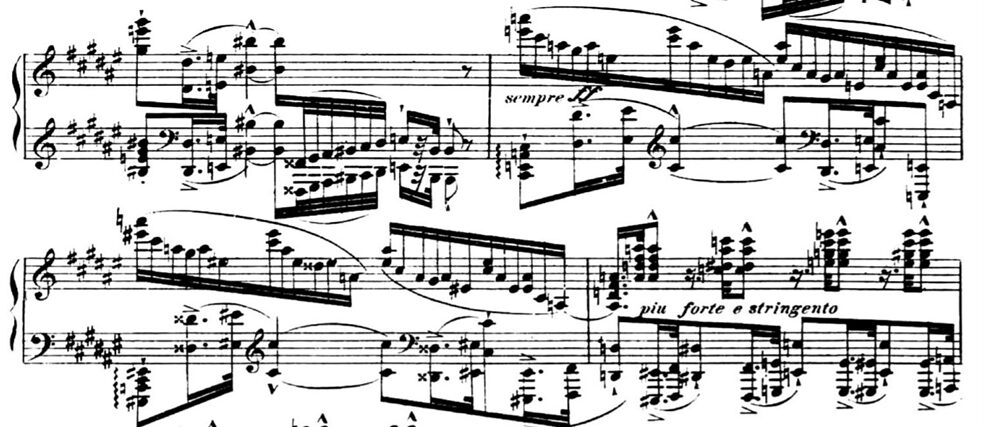Musical Hidden Gems
Julius Reubke (1834 –1858)
By Pari Ludin
Julius Reubke, son of renowned organ builder Adolf Reubke, was born in 1834 in the village of Hausneindorf. In 1851, he enrolled at the newly founded music conservatory in Berlin where he studied piano and composition. His talent impressed those around him so much that shortly afterwards, conductor Hans van Bülow wrote a letter to Franz Liszt, referring to Reubke as "the best student of the conservatory” and urged Liszt to consider taking him on as his student. Liszt accepted Bülow’s recommendation. After completing his studies in Berlin, Reubke moved to Weimar to study piano and composition under the aegis of Liszt from 1854 to 1856. Reubke’s life sadly came to an end at the age of 24 when he passed away in Pillnitz due to tuberculosis.
Although Reubke left us with only a handful of his compositions, two of his works remain monumental: his Organ Sonata on the 94th Psalm in C minor and his Piano Sonata in B flat minor. Both were completed just a year before his untimely death and were dedicated to his beloved teacher. While his organ sonata is referred to as one of the most important organ pieces of the 19th century, his piano sonata is not as widely known. Both pieces display a certain virtuosity and style that is reminiscent of Liszt—upon listening to Reubke’s piano sonata, one can tell that it is directly inspired by Liszt’s legendary Piano Sonata in B minor—showcasing Reubke’s attentiveness as Liszt’s student while at the same time remaining artistically independent.
His piano sonata was published posthumously by his brother, and you would be hard-pressed to find more than a dozen recordings of it. This is partly due to the fact that it is not as well-known, and also because of how exceptionally demanding it is. Italian pianist Paolo Marzocchi’s recording is arguably one of the best ones, as he has managed to meet the composition’s demands through his beautifully profound interpretation.
With the passionate three interlocking sections that cast as a large single-movement, linked by the cleverly manipulated recurring motifs, Reubke’s piano sonata makes you wonder just what other masterful works he would have created had he lived a longer life...
Here is Julius Reubke’s Piano Sonata in B flat minor, performed by Paolo Marzocchi.
Reubke: Complete Works for Piano and Organ, Paolo Marzocchi source: Spotify
